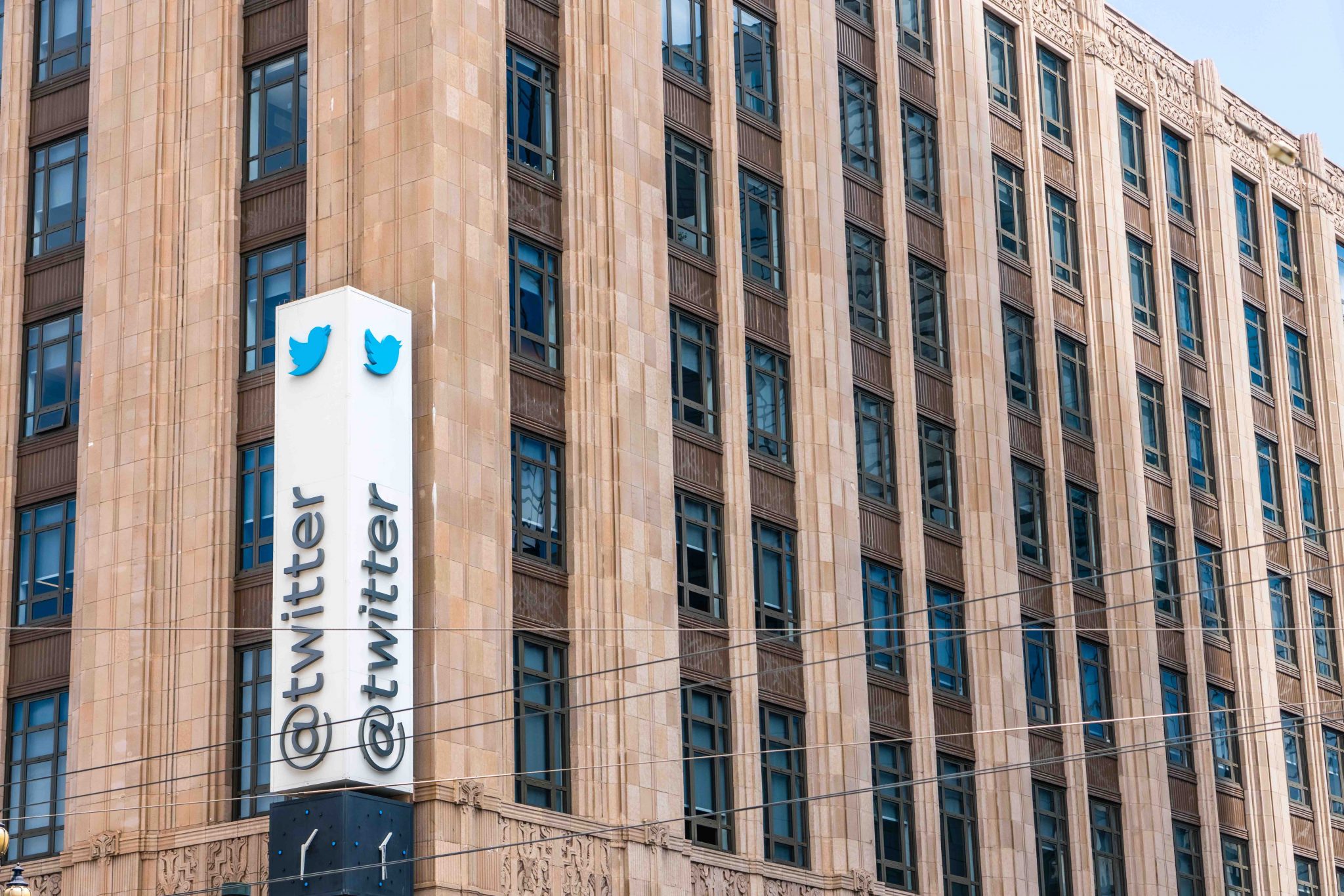
In 2015, ISIS conducted a series of coordinated attacks around Paris that killed 130 people and wounded nearly 500 more. Two years later, 39 people were killed in an ISIS attack on an Istanbul nightclub during the early hours of New Year’s Day. This week, the Supreme Court will hear oral arguments in a pair of cases arising from the attacks. The justices’ decisions in Gonzalez v. Google and Twitter v. Taamneh could reshape legal liability for some of the nation’s largest technology companies.
Gonzalez v. Google
The question at the center of Gonzalez, which will be argued on Tuesday, is the scope of Section 230 of the Communications Decency Act of 1996, which generally shields tech companies from liability for content published by others. The justices will consider whether that landmark statute protects internet platforms when their algorithms target users and recommend someone else’s content.
The question comes to the court in a lawsuit filed by the family of Nohemi Gonzalez, a 23-year-old American woman who was killed in the 2015 ISIS attack on a Parisian bistro, La Belle Équipe. They brought their lawsuit under the Antiterrorism Act, arguing that Google (which owns YouTube) aided ISIS’s recruitment by allowing ISIS to post videos on YouTube that incited violence and sought to recruit potential ISIS members, and by recommending ISIS videos to users through its algorithms.











